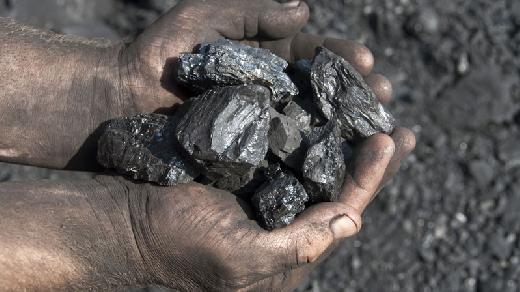
Mongolia is looking for coking coal supplies to India
ULAANBAATAR : Mongolia is keen to tap India as a probable partner for supply of coking coal and has reportedly approached the Steel Ministry to explore probable tie-ups, those familiar with the developments said.
Coking coal is a key steel-making raw material and India — the world’s second largest crude steel producer — is amongst the largest importer of the feedstock. Most of the imports are met from Australia, followed by the US, Indonesia and Mozambique.
However, in view of increasing volatility of coking coal prices in recent times, India’s steel mills have been keen to tap into alternate markets like Russia. US and Indonesian shipments nearly doubled in FY23. In FY23, coking coal imports were 54.3 million tonnes (mt).
“Mongolia is keen to supply coking coal to Indian mills and has approached the Ministry with proposals. In fact, some company level discussions were also held. But the decision has to be taken by steel makers,” the official aware of the discussions said.
It is being said, Mongolia is building a washing station for coking coal — with a 2024 deadline — and it could help export coking coal here. Joint venture tie-ups could also be explored.
Major concerns
According to officials in the Ministry, one of the major concerns raised by Indian mills is the “land-locked nature of Mongolia” and the possibility of transporting coal “over long distances” leading to an increase in costs. Then there are other concerns on whether the quality of Mongolian coking coal will suit or blend with that of the blast furnaces of Indian mills.
Reportedly, Mongolia has rail connectivity to Russia and China and the ports of these countries. The push is towards leveraging these lines for exporting coal. Three major rail projects have been commissioned in 2022 and four new railroad checkpoints will be opened, primarily with a focus on mineral transportation.
Mongolian coal on exchanges
Mongolia, incidentally, is exporting its coal at prices set via auctions on the Mongolian Stock Exchange (MSE), beginning February, and has reportedly stopped signing direct sales contracts with overseas buyers.
The government there approved a regulation requiring parties involved in coal exports to make their trades through open electronic trading via the MSE.
Under the previous trading mechanism, buyers only paid mine-mouth prices to miners and sorted out the logistics by themselves. The new so-called “border prices” will factor in the transportation fees and aim to simplify the coal export process, it is being said.

